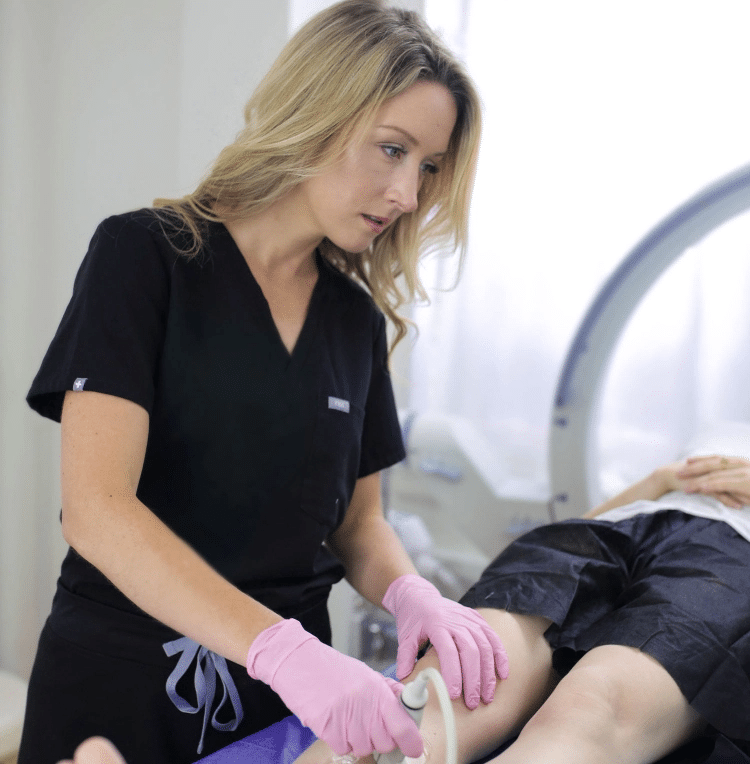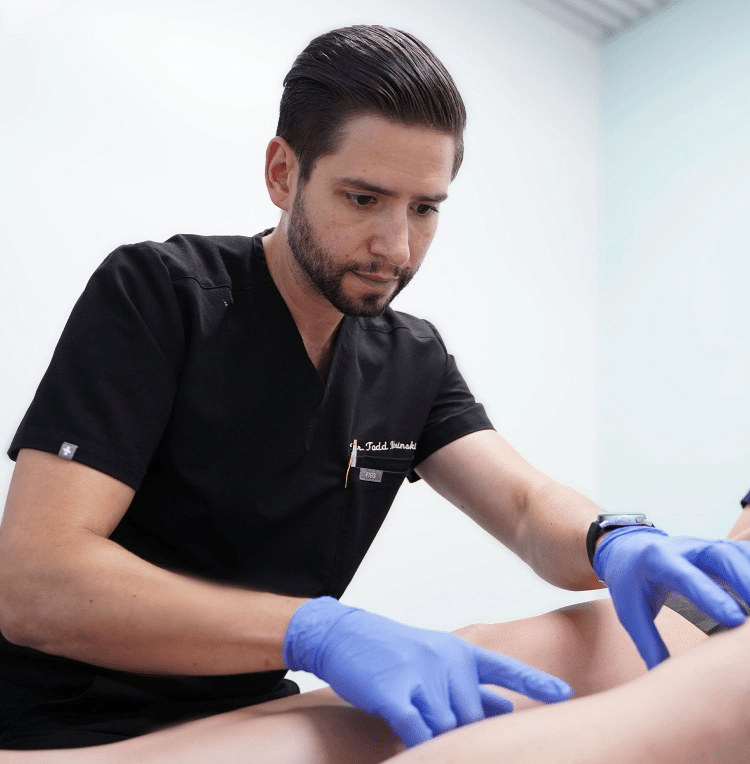Understanding your insurance coverage might be critical to the varicose vein management equation. In this article, you will understand the essential questions you should ask to manage the complexity of varicose vein insurance coverage, allowing you to make more informed decisions regarding your healthcare.
Varicose veins are a common disorder marked by twisted, swollen veins that usually affect the legs. When seeking treatment for varicose veins, one of the most critical questions asked by many individuals Are varicose veins covered by insurance?
Which types of insurance do you have?
The first thing to examine is what kind of insurance you have. Insurance coverage for varicose veins treatment primarily depends on the type of insurance plan you have.
Health insurance is the most prevalent coverage for medical procedures, such as varicose vein therapy. However, coverage details vary significantly from one health insurance plan to the next.

If you are eligible for Medicare, you may wonder if it covers varicose vein treatment. Medicare, like other health insurance plans, may cover medically necessary therapy, but you must understand the terms of your Medicare plan.
Medicaid is a government-funded insurance agenda that protects qualifying low-income individuals and families. Coverage for varicose vein therapy varies by state and individual circumstances.
Private Insurance: Whether you have private health insurance via your company or purchased it independently, the coverage for varicose vein treatment is determined by the conditions of your policy.
Is your vein care considered medically necessary?
A critical aspect of determining insurance coverage is the "medical necessity" of the treatment, which is defined by the severity of your vein issue and its impact on your health and quality of life.
Symptoms: If you have varicose vein symptoms, such as discomfort, swelling, or consequences, including skin ulcers, your doctor is more likely to recommend treatment.
Conservative Management: In many circumstances, insurance companies may require you to try conservative management approaches before pursuing more invasive therapy.
Treatment for varicose veins
Your healthcare provider's exact treatment recommendation may influence insurance coverage. Some treatments may be more likely to be covered than others, and the degree of coverage may differ depending on the operation. Therapy opportunities contain, but are not limited to:
- Laser Ablation
- Radiofrequency ablation and sclerotherapy
Various Varicose Vein Surgery Options
Endovenous Laser Therapy Ablation: This surgery uses ultrasound imaging and a laser fiber to remove the thin vein lining.

Vein Ligation and Stripping: In this procedure, the afflicted area is cut, and the patient's veins are knotted. This operation is used on patients with trophic ulcers or varicose eczema.
Transilluminated Powered Phlebectomy: This procedure includes illuminating a vein. An endoscopic transilluminator is used to provide intense light.
When to see a Vascular Doctor? You may need to see a vascular doctor if you have diabetes, high blood pressure, or smoke cigarettes. You may also experience vascular disease symptoms such as chest pain, leg pain, cramps, or edema while exercising.
A vascular doctor can assist you if you are in the hospital due to an untreated vascular condition.
Conclusion
Several factors influence insurance coverage for varicose vein therapy, including your insurance type, the medical necessity of the procedure, the precise treatment indicated, and your healthcare provider of choice.
If you're considering treating varicose veins, work with your provider and insurance company to ensure a smooth and financially manageable process.